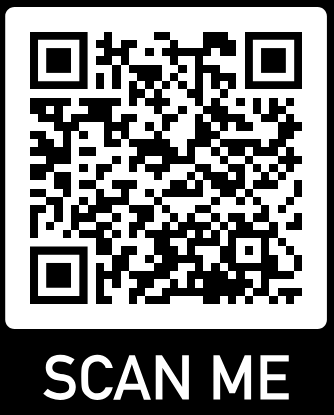During my 6 years as a Software Developer I progressed quickly because I had a Python community to share experiences about designing databases, buying peripherals, setting up my IDEs, and anything else in between. In the quantum world I looked for such a community where to informally talk about
- The best hardware to have in the lab
- Which languages and frameworks make it easy to implement quantum simulations
- How to solve particularly hard SDEs.
- Which resources are best to learn QCD, Interferometry, etc
- Conferences that are relevant to my field
Not having found one, I created a Slack community, currently with 45 members and growing. Joining takes 2 mins:
- Install the Slack app in your preferred device. ( i.e. Windows, Android, iOS , among others )
- Join the community via URL
- Say hi on the
#event-fomo2024channel - Optional: check whether you have Slack notifications turned on, in order not to miss messages from others.
QR Code

FAQ
Why join
Ask questions on your topics of interest: we have channels like #calculus, #linear-algebra, #stochastic-differential-equations, #interferomety, #gradiometry, and I’ll happily add channels you think we should have.
Also #event_fomo2024 is useful for anything related to the excursion, moving between the school and conference, etc
Why not just have a WhatsApp group?
WhatsApp / other messaging platforms are significantly easier to setup, but they don’t scale well with more users. Slack was designed to:
- Optimise communication with large communities ( tens of thousands of members )
- Allow for specific communication channels so that we follow conversations in the topic we are interested in
- Having a different app allows us to keep personal life and work separate
- Slack works on mobile, laptop and tablets, making it easier to use in a work context